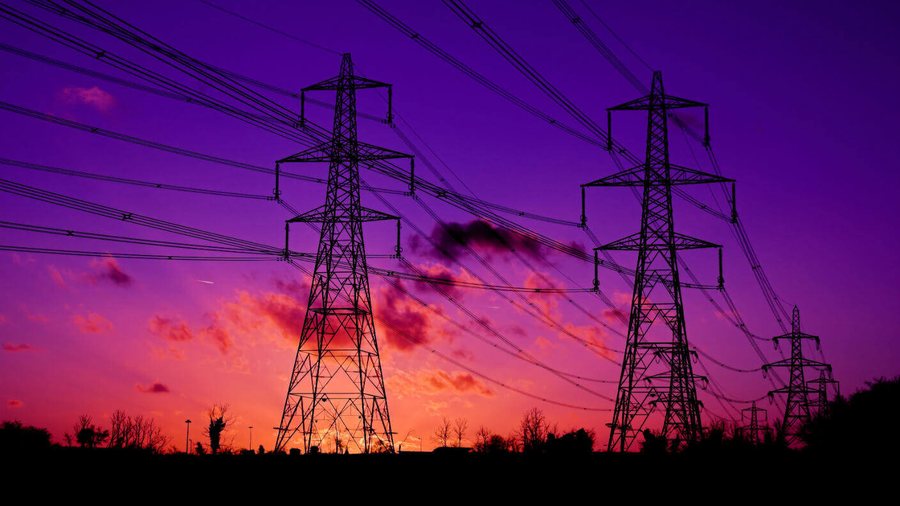"Energy from hydroelectric power plants gives Albania an advantage" - It is less affected by the increase in global prices. The IMF also assesses the exchange rate

Albania's floating exchange rate regime enables it to better withstand external economic crises or shocks, while also giving it more monetary autonomy compared to other countries in the region that have the euro as their national currency or use a fixed exchange rate regime. This is what the International Monetary Fund (IMF) said in one of its latest reports.
According to the International Monetary Fund, Albania and Serbia use systems that have the main objective of keeping inflation under control with a managed exchange rate in the case of Serbia and a free exchange rate regime in the case of Albania. This gives the respective Central Banks more opportunities to intervene with interest rates and thus respond to shocks with their own means, so they have more independence.
Meanwhile, economies with tighter exchange rates, such as Bosnia and Herzegovina or North Macedonia, have limited room for exchange rate adjustments, increasing reliance on internal mechanisms such as fiscal discipline, structural reforms or wage flexibility.
On the other hand, the International Monetary Fund has also given an assessment regarding the energy sources used by the region. The countries of the Western Balkans are sensitive to the increase in global energy prices, as they rely mainly on outdated and inefficient energy sectors, i.e. on the production of energy from fossil fuels, and they also import more energy. Albania is an exception, says the IMF, as it relies almost entirely on hydropower, i.e. on production from hydroelectric power plants. As a result, the global increase in energy prices does not affect Albania as much.
Significant reliance on outdated and inefficient electricity generation, as well as increased energy intensity, increases vulnerability to global supply shocks and limits flexibility in adapting to such shocks.

Apple faces Trump tariffs - 25% tax on phones not made in the US
US President Donald Trump said Apple would have to pay a tariff of 25% or more on iPhones made outside the United States. "I have previously informed Apple......

“Equalize retirement age faster” - EU: Not in 2056. Albania asks for more time to approximate the relevant Directive
The European Union wants Albania to accelerate the retirement age for men and women. The European Union has made public its position on the negotiations with......

Passenger trains, with concession - MEI is studying the market, the tender is intended to be carried out in the third quarter of 2025
The operation of passenger trains on the national railway network could be awarded by concession. The Ministry of Infrastructure and Energy and the EU-funded......

EU, fund for the expansion of technology companies - Aims to break away from US dependence in this sector
The European Commission plans to use EU funds to buy stakes in artificial intelligence and quantum companies looking to expand. According to a draft......

The week starts negatively for the US Dollar - How much are other currencies being exchanged today?
The US dollar started this Monday on a decline, losing points from the week before, as it was bought today for 85.8 lek and sold for 87.2 lek according to......

Balluku: The Llogara tunnel will open for vehicle traffic from tomorrow!
The Minister of Infrastructure and Energy, and Deputy Prime Minister of the country, Belinda Balluku, announced today through social networks that starting......

"2025 will be the year of hurricanes" - US scientists predict storm season above normal levels
US government scientists expect an above-normal hurricane season in 2025, producing three to five major hurricanes with sustained winds of at least 179 km......

Energy bills for British households reduced - Regulator Ofgem announced a 7% price reduction
Millions of British households will see lower energy bills from July, after regulator Ofgem said the maximum price will be reduced by 7%. The decision is......


















